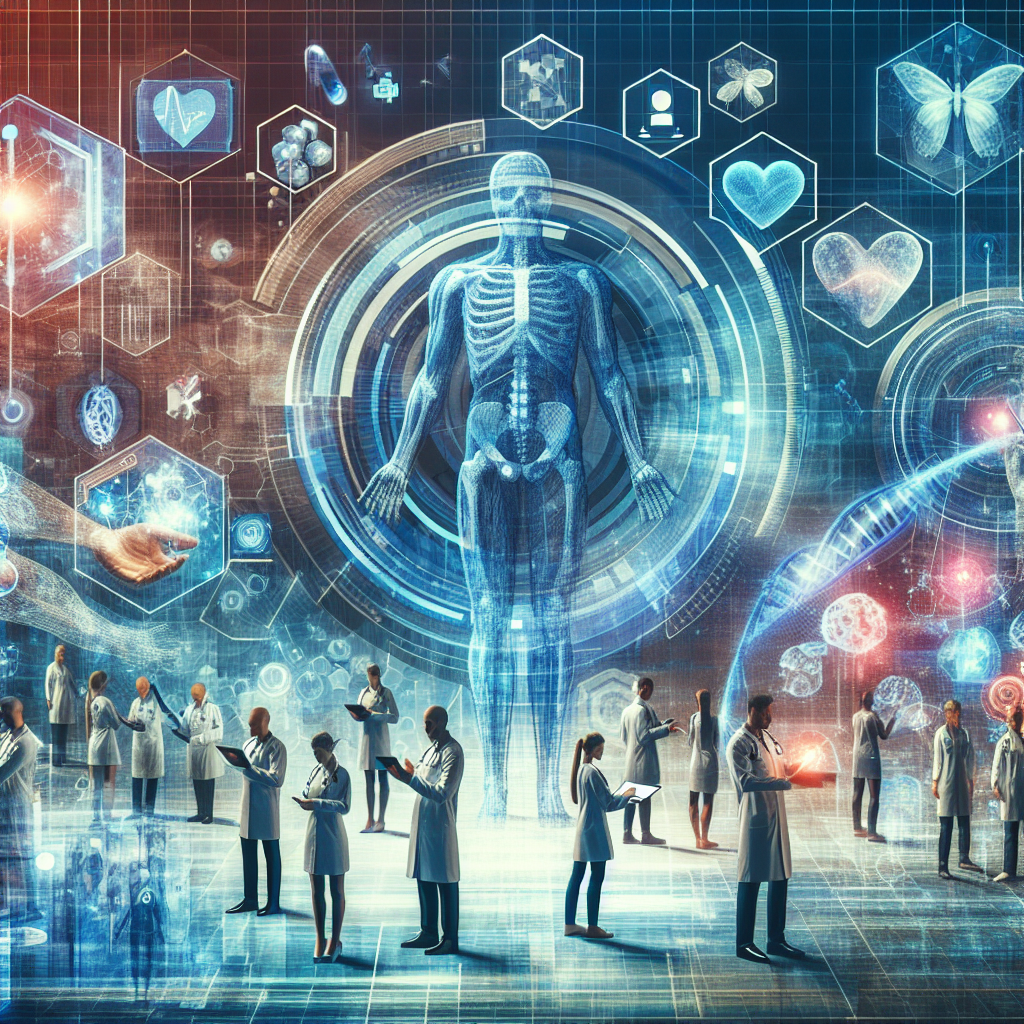Introduction
In the contemporary world, technology is profoundly reshaping numerous sectors, and healthcare is no exception. With the integration of advanced technologies, healthcare delivery has witnessed a remarkable transformation, enhancing efficiency, accuracy, and patient outcomes. This article explores how technology is driving innovation in healthcare delivery, delving into various domains such as artificial intelligence, telemedicine, wearable devices, and blockchain.
The Role of Artificial Intelligence in Healthcare
Artificial Intelligence (AI) has emerged as a game-changer in healthcare, bringing about significant advancements in diagnostics, treatment planning, and patient care.
Improved Diagnostics
AI-powered systems are capable of analyzing vast amounts of medical data, identifying patterns and anomalies that might be overlooked by human practitioners. This has significantly improved the accuracy of diagnostic procedures, enabling early detection of diseases such as cancer and cardiovascular conditions.
Personalized Treatment Plans
By leveraging AI, healthcare providers can develop highly personalized treatment plans tailored to individual patient needs. Machine learning algorithms analyze patient data to predict the most effective treatment options, thereby enhancing the success rate of therapies.
The Impact of Telemedicine
Telemedicine has revolutionized the way healthcare services are delivered, especially in remote and underserved areas.
Access to Remote Areas
Telemedicine bridges the gap between patients and healthcare providers, enabling consultations and treatments from anywhere in the world. This has been particularly beneficial for patients residing in rural areas with limited access to healthcare facilities.
Cost-Effective Healthcare
By reducing the need for physical visits, telemedicine has made healthcare more cost-effective for both patients and providers. Virtual consultations and remote monitoring have led to significant savings in travel costs and time.
Wearable Devices and Health Monitoring
Wearable technology has become an integral part of modern healthcare, providing real-time health monitoring and data collection.
Continuous Health Monitoring
Wearable devices such as smartwatches and fitness trackers monitor various health metrics like heart rate, blood pressure, and activity levels. This continuous monitoring allows for early detection of health issues and timely intervention.
Patient Engagement
Wearables engage patients in their own health management, encouraging them to maintain healthy lifestyles and adhere to treatment plans. The real-time feedback and health insights provided by these devices empower patients to take proactive control of their well-being.
Blockchain for Secure Health Records
Blockchain technology offers a secure and transparent way to manage and share health records, addressing issues related to data security and interoperability.
Enhanced Data Security
Blockchain ensures that health records are securely stored and protected from unauthorized access. The decentralized nature of blockchain makes it highly resistant to cyberattacks, safeguarding sensitive patient data.
Interoperability
By enabling seamless data sharing across different healthcare systems, blockchain fosters interoperability and collaboration among healthcare providers. This enhances the continuity of care and reduces the likelihood of medical errors due to fragmented information.
Robotics in Surgery
Robotic technology has made significant strides in the field of surgery, offering precision and minimally invasive options.
Minimally Invasive Procedures
Robotic-assisted surgeries are less invasive, leading to smaller incisions, reduced pain, and faster recovery times for patients. Surgeons benefit from enhanced precision and control, improving surgical outcomes.
High Accuracy and Consistency
Robotic systems provide a high degree of accuracy and consistency, minimizing the risk of human error. This results in better patient outcomes and higher overall safety in surgical procedures.
Conclusion
Technology is undeniably driving innovation in healthcare delivery, offering new solutions and improving existing processes. From AI-powered diagnostics to blockchain-secured health records, the integration of technology is paving the way for a more efficient, accurate, and patient-centric healthcare system. As technology continues to evolve, the future of healthcare holds immense promise, ultimately leading to better patient outcomes and enhanced quality of life.

